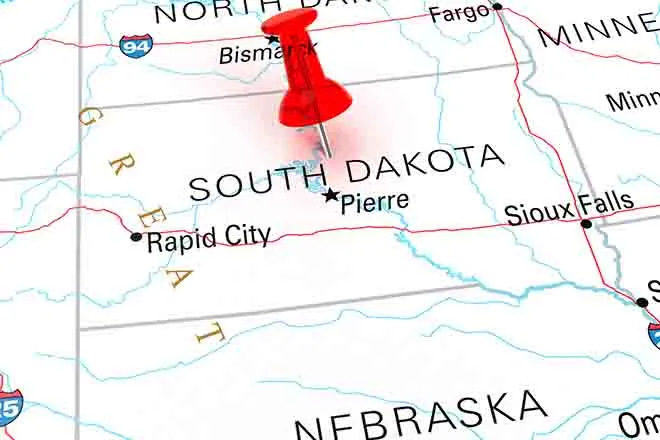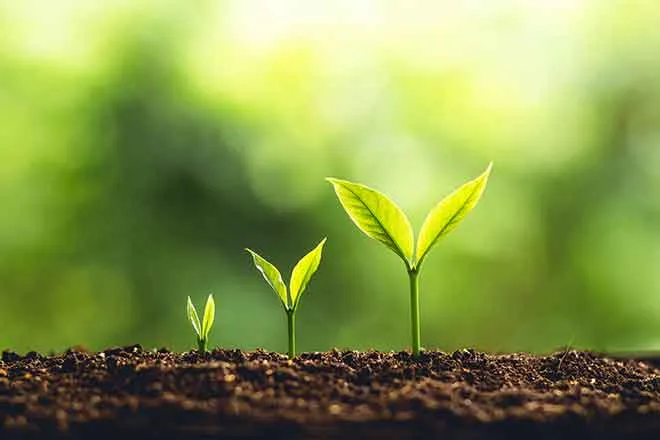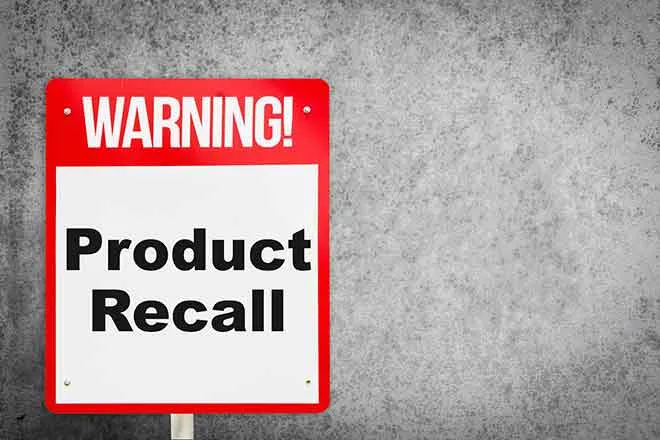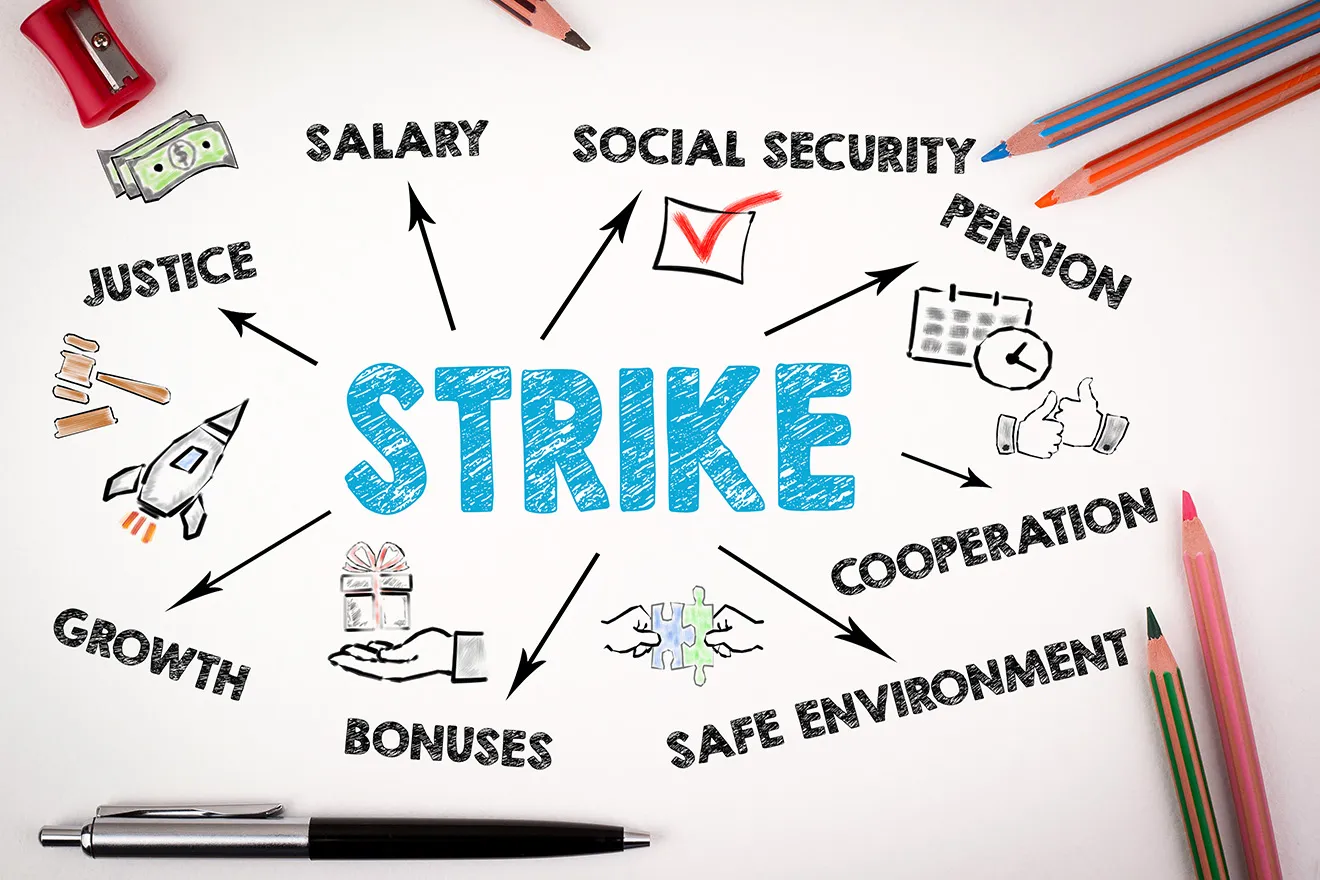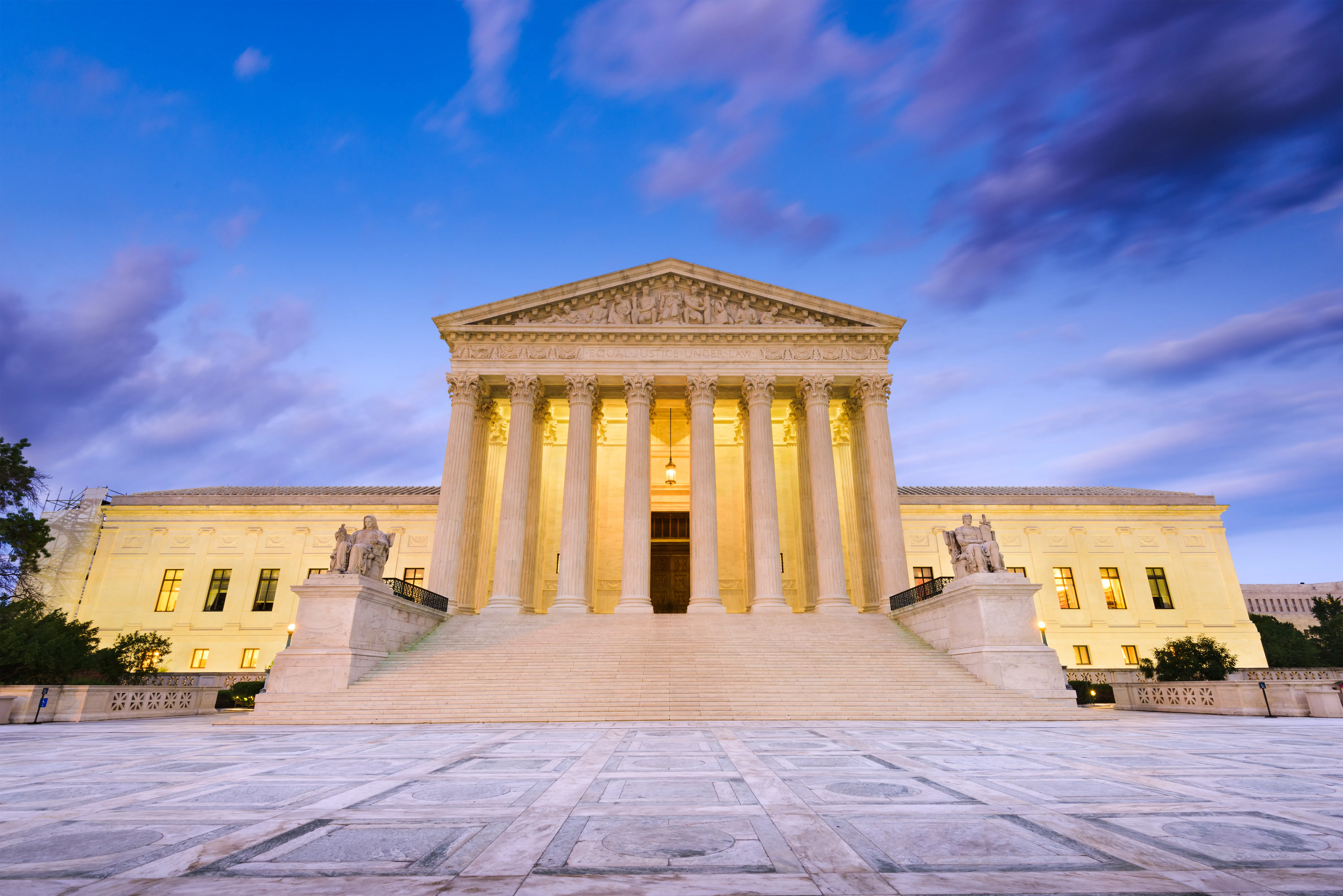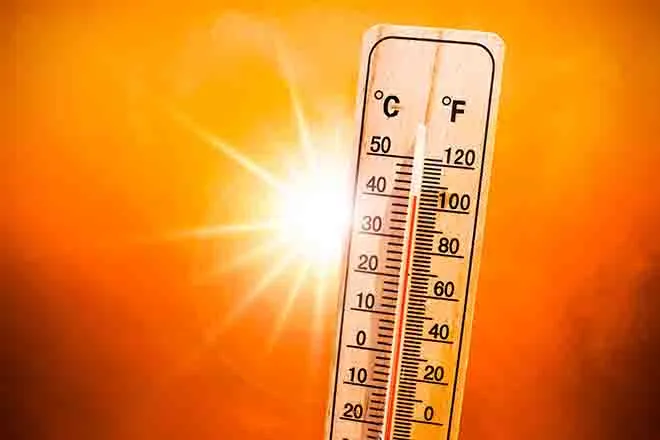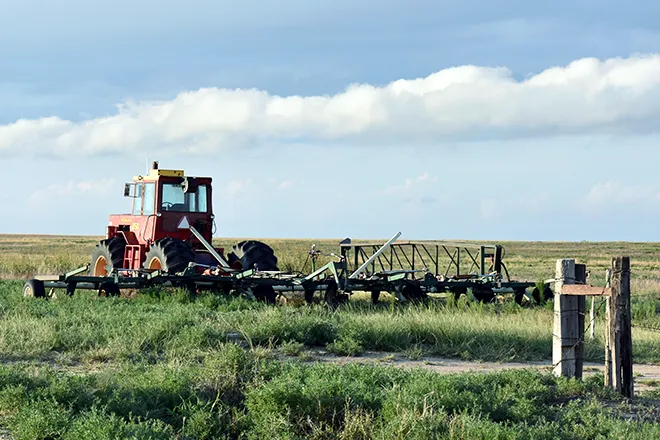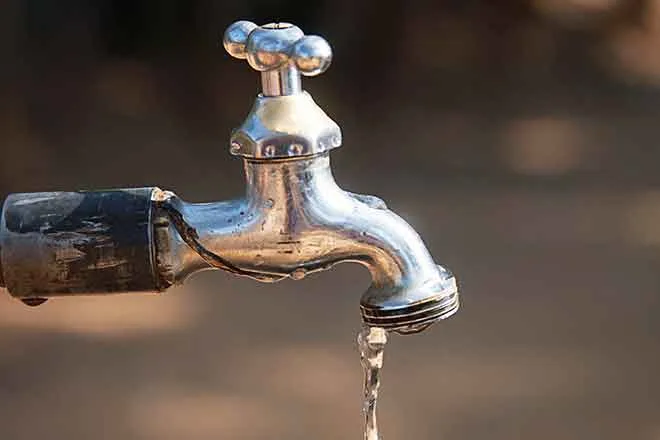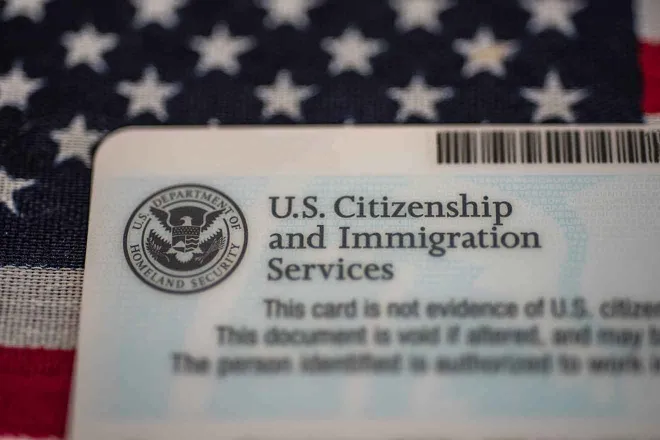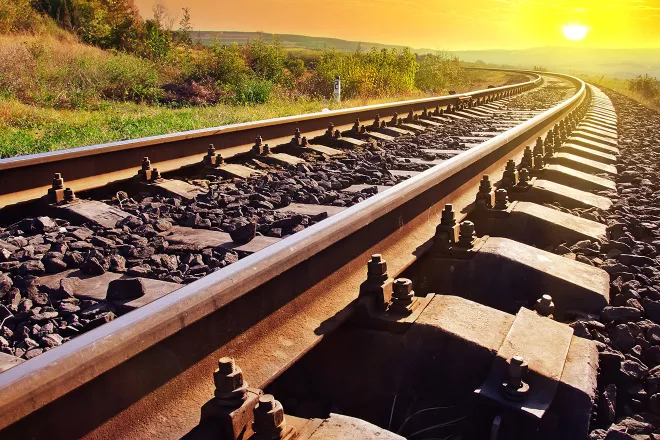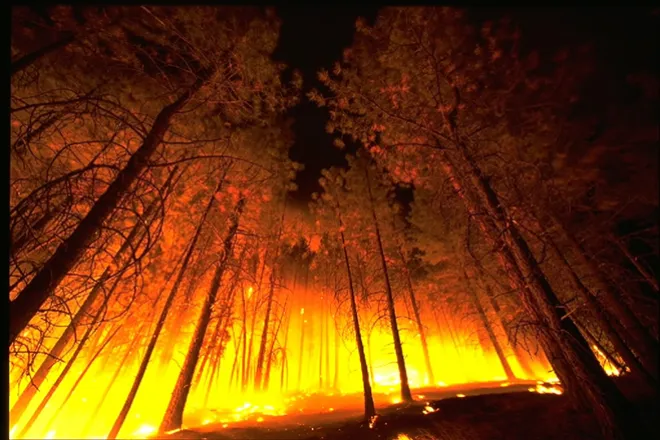
Daily Audio Newscast - April 29, 2024
News from around the nation.
At least 4 killed in Oklahoma tornado outbreak; 10 shot outside Florida bar; Arizona receives millions of dollars for solar investments; Maine prepares young people for climate change-related jobs, activism; Feds: Grocery chain profits soared during and after a pandemic.
TRANSCRIPT
The Public News Service DOE newscast April the 29th, 2024.
I'm Mike Clifford.
At least four people are dead, including an infant, after a tornado outbreak in Oklahoma overnight as severe storms threatened more twisters, heavy rain and large hail from Missouri to Texas.
That from CNN.
Multiple large and extremely dangerous tornadoes were reported on the ground simultaneously overnight across parts of Oklahoma.
That's according to the National Weather Service.
And from NBC News, 10 people were shot outside a Florida bar Sunday.
The sheriff's office said the shooting began as an argument escalated into violence, but a security guard managed to catch the alleged shooter.
A 16-year-old has been taken into custody.
At this time, the teen's identity is not known.
And the state of Arizona has received $156 million to invest in solar systems for Arizona families.
Adrienne Keller is the Arizona program director for the nonprofit Solar United Neighbors and says the group is thrilled about the grant that was made available through the federal solar policy, known as Solar for All.
The policy sets out to expand or create new low-income solar programs, which the Environmental Protection Agency claims will enable more than 900,000 homes across the nation to benefit from.
Keller says he expects this will help between 10 and 11,000 Arizona families.
These are all low to middle income families.
The state's projecting somewhere around 61 megawatts of new solar throughout the state of Arizona.
And there's a bunch of different funding pools and mechanisms to make sure that this funding is dispersed equitably and throughout communities in the state, not just hitting certain metro areas.
I'm Alex Gonzalez reporting.
Supporters say 300 rural households will also benefit from solar plus battery systems for their homes, protecting them from electricity service disruption.
And state officials in Maine are preparing the next generation for climate change related activism and careers.
A new state-run website helps young Mainers find ways to use their own talents and interests to counter any so-called climate anxiety and work to build the state's climate resilience.
Abigail Hain is Maine's youth climate engagement coordinator.
Whether it's taking action just in your community or in your life or exploring different climate jobs that are specific to Maine, so youth can just kind of poke around and find something that might make sense to them.
Hain says the website offers practical localized ways young people can get active with their town or school, as well as Maine's climate council, which currently includes a dozen youth representatives.
I'm Catherine Carley reporting.
More than 170 communities are utilizing state grants to identify the roads, buildings, and energy infrastructure that is susceptible to climate change.
Construction, engineering, and electrical workers will be in high demand, and a website can connect young Mainers with these new work opportunities.
This is public news service.
Consumer groups are accusing major grocery tailors like Amazon, Kroger, and Walmart of price gouging, both during and after the pandemic.
The allegation of corporate greed comes after a new report from the Federal Trade Commission found profits for grocery chains jumped sharply at rates that could not be justified by supply chain disruptions.
Angela Huffman is president of the non-profit Farm Action.
It's one thing to raise your prices to cover higher expenses, but what these companies did is use the pandemic as an excuse to exploit the American people who needed to put food on their tables, and the FTC report shows that they're still doing it here in 2024.
I'm Suzanne Potter.
The FTC staff report recommends further inquiry by the commission and policy makers, but does not propose specific remedies, and a new national survey says one in five Americans 50 and older has nothing in savings for retirement.
The survey results were issued by AARP this month.
Just affording basic expenses right now is a concern for many, but AARP's Jim Flaherty says you don't want to be caught off guard when retirement nears.
He acknowledges it can be hard for younger adults to plan that far ahead when they're juggling expenses like student loan debt, or for older individuals managing costly medications and higher grocery bills.
A lot of times because they're just trying to get by, and they do have to live paycheck to paycheck, but this is one way to say hey if you can live with a little bit less from your paycheck every week, that will sure grow.
Researchers note that 57 million Americans don't have access to a retirement plan through their work.
Wisconsin has not yet joined the list of states that have created state-operated retirement accounts where employers and their workers can contribute money each pay period.
Supporters hope the issue is revisited next legislative session.
I'm Mike Mullen reporting.
Groups like AARP have encouraged the Congress to address long-term stability concerns for Social Security.
Finally, Eric Tadoff reports in the Solutions Journalism Oregon News Service collaboration, wastewater treatment plants across the country are using the natural filtration system of wetlands to clean water.
In Oregon, the Clean Water Services utility established the 90 acre Fern Hill wetlands a decade ago.
The environment has been thriving.
Bird watchers have seen more than 240 different species in the marshlands that connect to the Tualatin River in Forest Grove, outside Portland.
Jerry Kinnear is Clean Water Services Water Resources Project Manager and helped design the project.
I always say wetlands are the kidneys of the earth.
That's what they've been doing.
They filter pollutants, they slow water down, they capture sediment.
We're just sort of harnessing that process that's been going on for billions of years and taking advantage of it.
The company also notes natural wetlands treatment cost about half as much as building a concrete treatment system.
This is Mike Clifford for Public News Service.
We are member enlisted supported.
Hear us on radio stations big and small, your favorite podcast platform, find our trust indicators at publicnewsservice.org.


